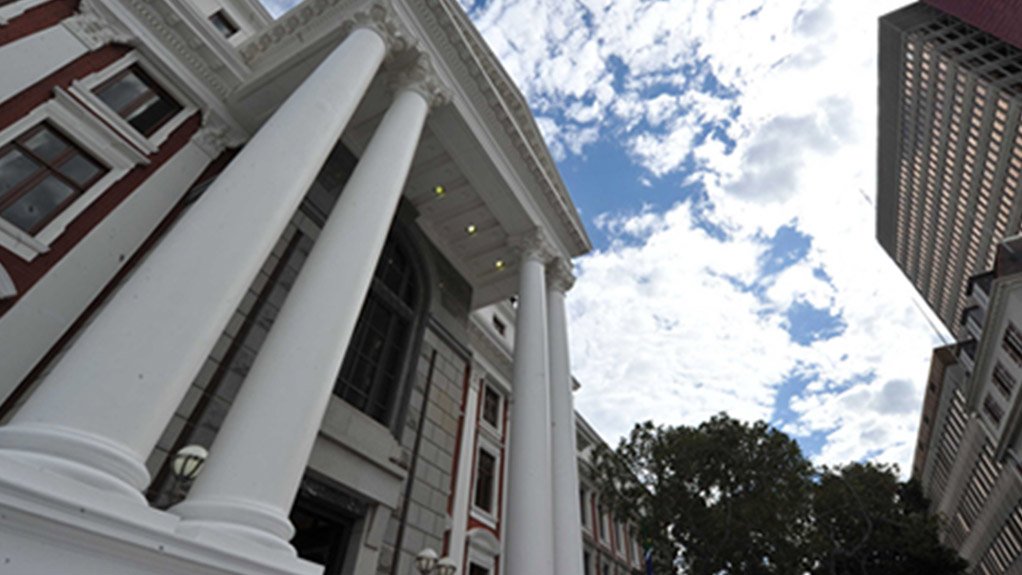The National Treasury is preparing sweeping legislative changes to the way procurement, which has become highly prone to corruption, is undertaken by public entities, including State-owned companies. It has indicated, however, that the new legal framework is likely to be passed by Parliament only at the end of 2022, implying that it is unlikely to come into force before 2023.
Finance Minister Tito Mboweni published the draft Public Procurement Bill for public comment on February 19, ahead of South Africa’s Covid-19 lockdown, and the National Treasury subsequently received some 4 500 comments from 34 individuals and 134 organisations before the comment period expired on May 31.
The responses were far fewer than anticipated given both the far-reaching nature of the changes and the fact that the comment period coincided with rising public anger over alleged widespread corruption in the procurement of crucial personal protective equipment for frontline health workers combating the pandemic.
The draft Bill proposes the consolidation, into a “united public procurement law”, of the fragmented procurement frameworks currently governing procurement by national departments, provincial administrations, municipalities and public entities, such Eskom and Transnet.
It also proposes the creation of a ‘Public Procurement Regulator’ to regulator and enforce the procurement framework envisaged in Section 217 of the Constitution.
The Constitution states that procurement should be conducted in a “fair, equitable, transparent, competitive and cost-effective” manner and creates scope for preference to be given to those “disadvantaged by unfair discrimination”.
The regulator would replace the National Treasury’s Office of the Chief Procurement Officer and would have jurisdiction over all public procurement and supply-chain management.
The draft Bill includes various principles and instruments aimed at leveraging public procurement to support previously disadvantaged people, including women, youth and people with disabilities, and to promote the expansion of the country’s productive sectors.
One of the instruments includes “preference to set aside the allocation of contracts to support transformation, small business development, local manufacturing and labour absorption”.
The Bill also underlines the need to ensure “value for money” and states that technology should be used to “simplify procurement processes and better leverage economies of scale”.
Divided into ten chapters, the third chapter is devoted entirely to ‘Procurement Integrity’ and addresses both the conduct of officials (including their obligation to disclose conflicts of interest) and bidders or suppliers (which can be excluded and debarred should evidence emerge that they have engaged in prohibited practices, such as corruption and fraud).
To limit exclusions from the Act, meanwhile, chapter five outlines the various procurement methods and bidding processes that can be employed, thus capturing the diverse nature of procurement activities undertaken by government and State entities, including public-private partnerships.
The National Treasury indicates that all comments will be collated and considered by January 2021 and that it intends finalising a revised draft Bill in March 2021.
Further stakeholder consultation, including at the National Economic Development and Labour Council, is scheduled to be concluded in October next year, with Cabinet approval for the tabling of the Bill before Parliament pencilled in for March 2022.
Should the Bill be tabled in Parliament by April 2022, the National Treasury anticipates that lawmakers could pass the law by November that year.
EMAIL THIS ARTICLE SAVE THIS ARTICLE ARTICLE ENQUIRY
To subscribe email subscriptions@creamermedia.co.za or click here
To advertise email advertising@creamermedia.co.za or click here











